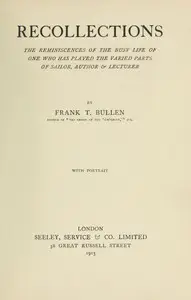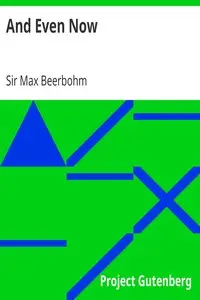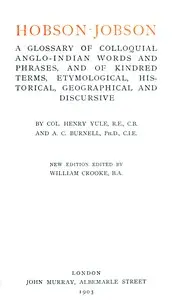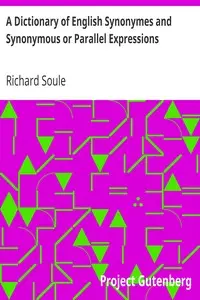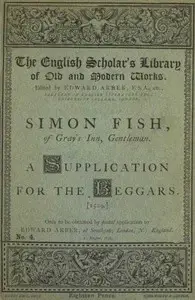"The Prose Works of Percy Bysshe Shelley, Vol. 2" by Percy Bysshe Shelley, is a compilation of the author's essays and critical analyses from the late 1800s. It includes Shelley's famous essay "A Defence of Poetry," alongside writings about literature, art, and philosophy. This work is all about the important link between poetry and what it means to be human, arguing that poets are super important in society. The book starts with "A Defence of Poetry," where Shelley explains why he thinks poetry can make us better people and help us understand the world more deeply. He looks at the difference between logic and imagination, saying that imagination is key to understanding and being creative. Through philosophical arguments, Shelley tries to show that poetry not only shows the beauty of the world but can also change society by inspiring people to be better. This beginning sets the stage for a deep exploration of how art affects us, highlighting the crucial connection between creativity and morality.
![The Prose Works of Percy Bysshe Shelley, Vol. 2 [of 2] by Percy Bysshe Shelley](https://cdn.a2-host.cloud/umXKlb-88Jv1znAoa1HDas9Nav-ZJAvNTVYo6MyKYFY/rs:fill:760:1100:0/g:ce/aHR0cHM6Ly9zcC1hc3NldHMuczMudXMtd2VzdC0wMDQuYmFja2JsYXplYjIuY29tL2Jvb2svNjc5MjYvVGhlX1Byb3NlX1dvcmtzX29mX1BlcmN5X0J5c3NoZV9TaGVsbGV5X1ZvbF8yX29mXzJfY292ZXIuanBn.webp)
The Prose Works of Percy Bysshe Shelley, Vol. 2 [of 2]
By Percy Bysshe Shelley
Explore how poetry holds the power to shape society and elevate the human spirit through imagination and moral inspiration.
Summary
About the AuthorPercy Bysshe Shelley was an English writer who is considered one of the major English Romantic poets. A radical in his poetry as well as in his political and social views, Shelley did not achieve fame during his lifetime, but recognition of his achievements in poetry grew steadily following his death, and he became an important influence on subsequent generations of poets, including Robert Browning, Algernon Charles Swinburne, Thomas Hardy, and W. B. Yeats. American literary critic Harold Bloom describes him as "a superb craftsman, a lyric poet without rival, and surely one of the most advanced sceptical intellects ever to write a poem."
Percy Bysshe Shelley was an English writer who is considered one of the major English Romantic poets. A radical in his poetry as well as in his political and social views, Shelley did not achieve fame during his lifetime, but recognition of his achievements in poetry grew steadily following his death, and he became an important influence on subsequent generations of poets, including Robert Browning, Algernon Charles Swinburne, Thomas Hardy, and W. B. Yeats. American literary critic Harold Bloom describes him as "a superb craftsman, a lyric poet without rival, and surely one of the most advanced sceptical intellects ever to write a poem."

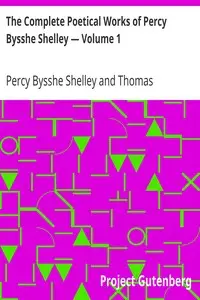
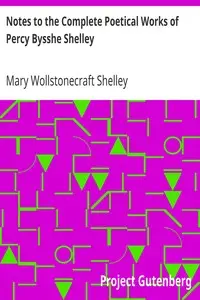
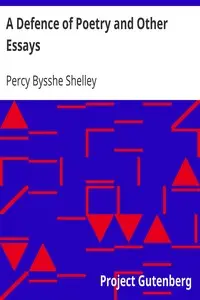
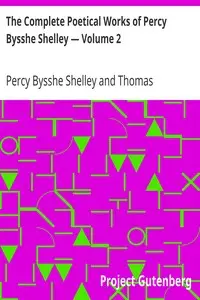

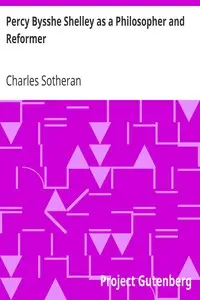
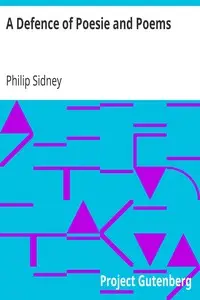
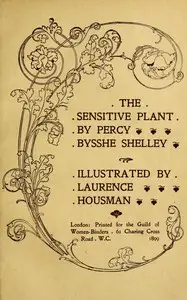
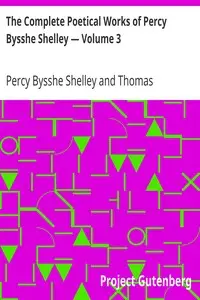
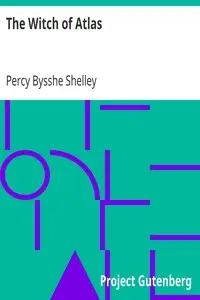
![The Prose Works of Percy Bysshe Shelley, Vol. 2 [of 2] by Percy Bysshe Shelley](https://cdn.a2-host.cloud/N5mkWLLMME8fsj53C1cwpEjUdDWU-6Y0rYa0VHN1zFM/rs:fill:215:325:0/g:ce/aHR0cHM6Ly9zcC1hc3NldHMuczMudXMtd2VzdC0wMDQuYmFja2JsYXplYjIuY29tL2Jvb2svNjc5MjYvVGhlX1Byb3NlX1dvcmtzX29mX1BlcmN5X0J5c3NoZV9TaGVsbGV5X1ZvbF8yX29mXzJfY292ZXIuanBn.webp)

